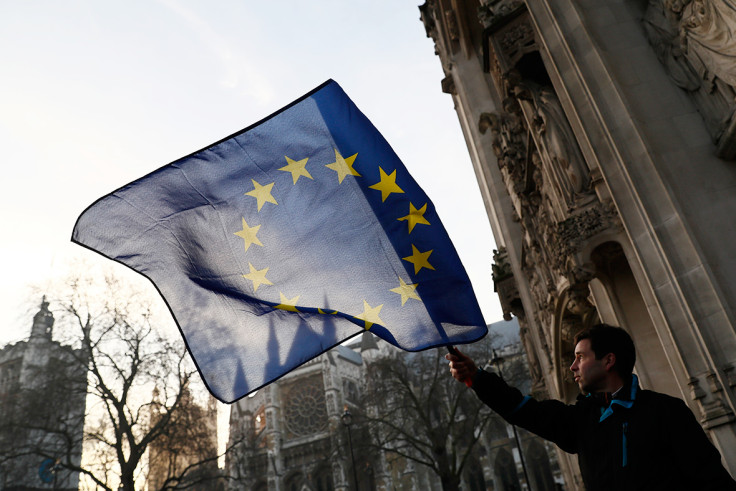The law is now clear – Parliament must vote on Article 50 and it could block Brexit
Parliament has the right to vote on triggering Article 50 after the Supreme Court ruling on Brexit.
When we as a nation decided in June 2016, in a referendum, that we wanted to leave the EU it had – as was intended – the effect of clearly signalling the collective will of the nation.
It did not have the effect of triggering Article 50 and taking us out of the EU.
That was a step which, according to the constitution, which has generally served this country well, had to be taken by the appropriate ruling body; either by the government (i.e. the executive, which parliament votes in to make a range of key decisions about the UK's future), or by parliament itself.
The view taken by the government was that it already had the power to trigger Article 50 and take the country out of the EU, and did not need the consent of parliament.
However, there were those within and outside parliament that believed a decision of this magnitude should be taken by parliament on behalf of all of those that voted in the MPs that make it up, rather than by the Crown's prerogative powers as exercised by the government of the day.
By means of a legal process, which was fully acknowledged as legitimate by the government, the Divisional Court decided in November last year that, on the basis of well-established legal principles, this was a decision for parliament.
It said: "The most fundamental rule of the UK's constitution is that parliament is sovereign and can make and unmake any law it chooses. As an aspect of the sovereignty of parliament...the government cannot by exercise of prerogative powers override legislation enacted by parliament."
The court decided that the triggering of Article 50 would have the inevitable effect of changing domestic law, in this case the European Communities Act 1972, and that on that basis Article 50 had to be triggered by parliament itself.
This is because the government's prerogative powers could not take precedence over the ultimate authority of parliament, and would have the effect of amending an act of parliament without the consent of parliament itself.
For certain parts of the press which had campaigned vociferously for the UK to leave the EU this was an outrage, recognising that it may be that since MPs as a whole opposed our departure from the EU, the will of the people as expressed in the referendum may be thwarted by such a ruling. The government also disagreed with the Divisional Court and appealed to the Supreme Court.

By a majority of 8:3, the Supreme Court has upheld the decision of the Divisional Court, and its judgment means that Prime Minister Theresa May cannot open talks with the EU until both MPs and peers have given their backing to the country leaving the EU, in accordance with the expressed will of the general public by means of a referendum.
However, it is unlikely that this will hold up the process, which was due to get underway on 31 March, according to the government's deadline.
It is, of course, open to parliament to reverse the decision of the country via the referendum, which would create its own constitutional crisis.
For years parliament stood against the desire of the majority of the population for the reinstitution of the death penalty, so there is a constitutional precedent for parliament being out of step with the majority of the population.
The law is, however, now clear; the government does not have any constitutional authority to take us out of the EU, and only parliament does.
In the end, it may be that the issue will have to be determined by a snap general election with EU membership as one of the key issues before the country – this time with the added opportunity to have its say on who should lead us through this seismic constitutional revolution.
Jonathan Coad is a specialist media lawyer and partner at Lewis Silkin LLP. He acts for both claimants and defendants.
© Copyright IBTimes 2025. All rights reserved.






















